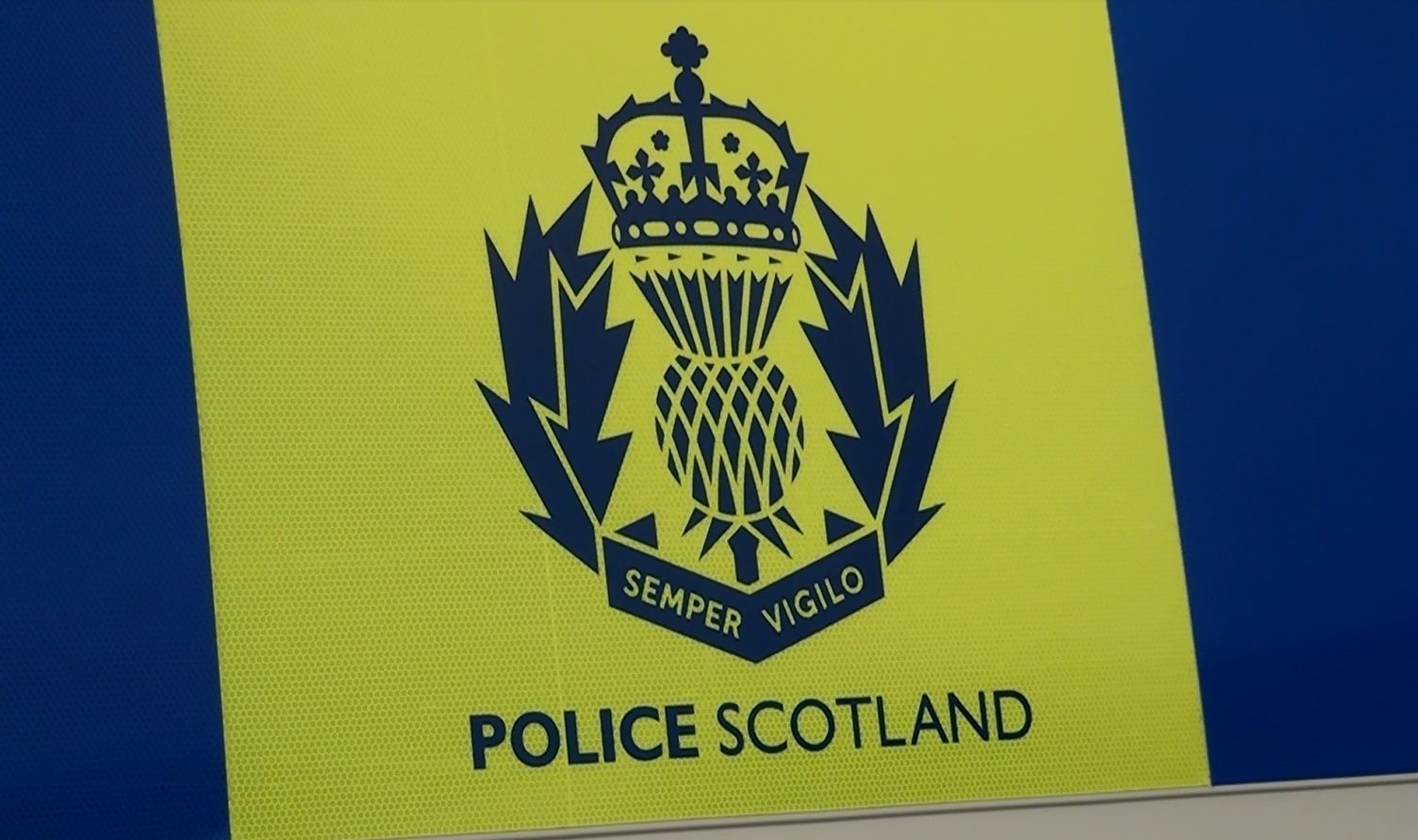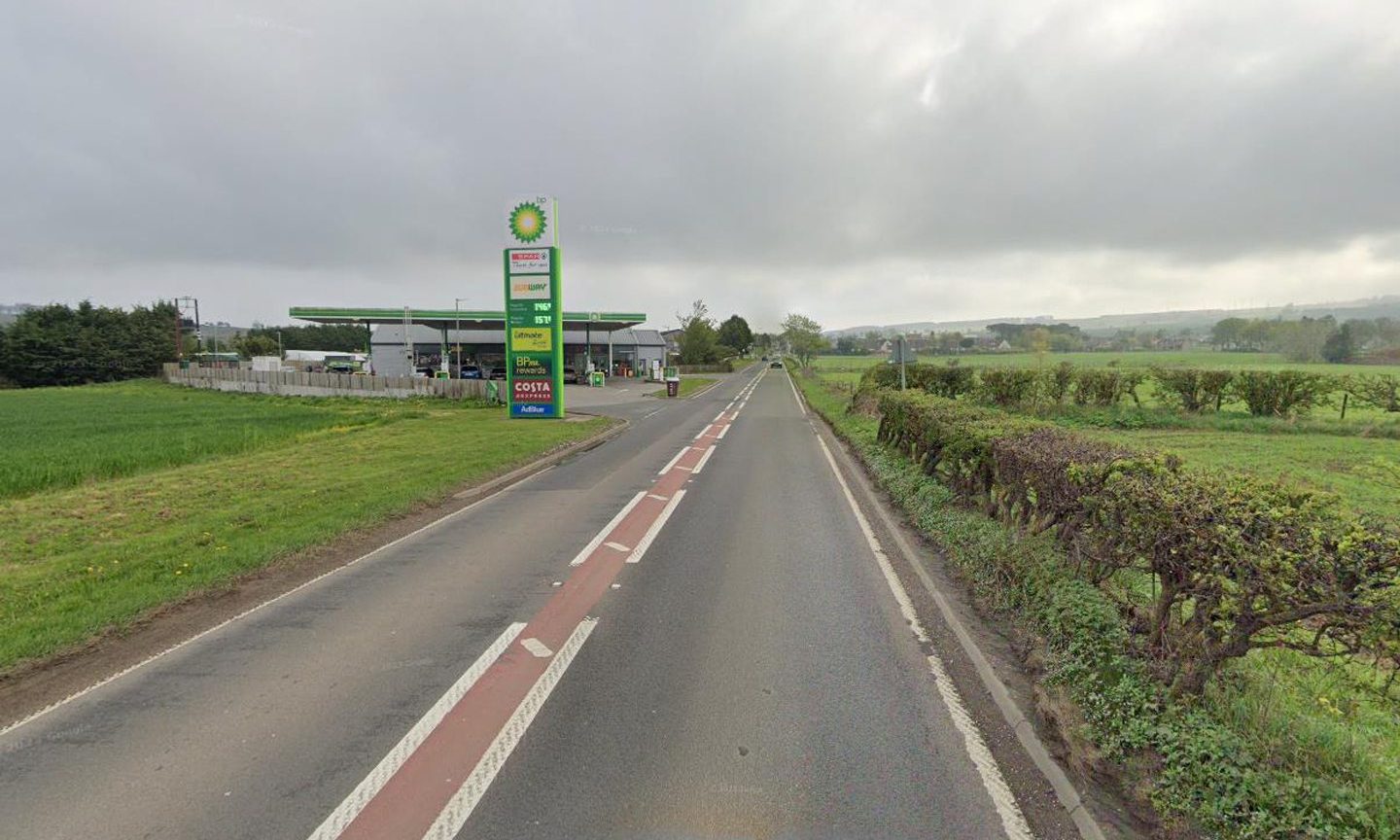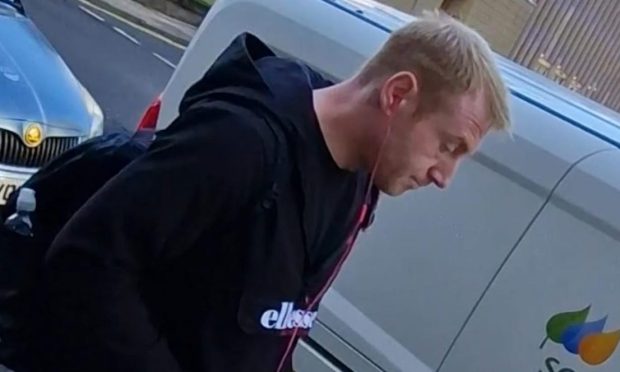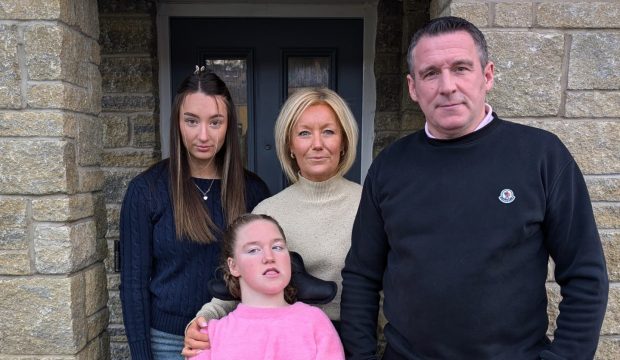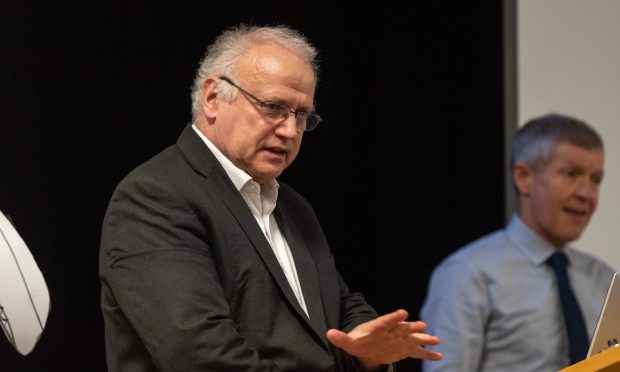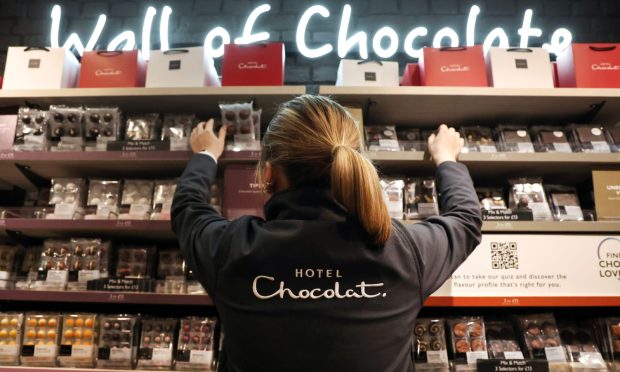Thousands of police officer days in Fife have been lost due to absence for psychological disorders.
Some 2,830 days’ absence have already being recorded this year in Police Scotland’s kingdom division due to stress or a mental health condition.
Reasons for being off include post-traumatic stress, depression, anxiety and alcohol problems.
MSPs for Mid Scotland and Fife said it was alarming that so much time – an increase of 109 days on 2018/19 – had been lost due to stress.
A Scottish Police Federation-sponsored study by Carleton University last year found more than two-thirds of Scottish officers surveyed experience stress daily due to juggling tasks.
Liz Smith MSP said the figures, released in response to a freedom of information request, showed the pressure the force was under.
She said: “The list of psychological disorders covers many aspects of mental health problems and I hope the officers concerned are receiving the help they need.
“Scotland needs a strong police force – it is very concerning to hear that many officers have been suffering from these problems.”
Conservative colleague Murdo Fraser said the statistic’s reinforced the federation’s concerns.
He said: “The research conducted by the Carleton University in Ottawa found that almost four in five police officers in Scotland – from 3,000 responses – reported a lack of staff caused daily stress several times each week, while 56% of police officers at all ranks said they either rarely or never received an uninterrupted break at work.
“It seems that a large percentage of our police officers are not getting the chance to recharge their batteries, and if that happens it can lead to low morale and high sickness levels, as is shown by the figures for absentees in Fife police.”
Police Scotland said it had a duty of care to its employees and mechanisms were in place to provide direct assistance and promote a culture of wellbeing and support.
Deputy Chief Constable Fiona Taylor said: “The health and welfare of our officers and staff is one of Police Scotland’s highest priorities and support mechanisms are in place for our employees who are absent from work for any reason, be it physical injury or mental illness.
“As in any large organisation, sickness is a factor in absence rates among our workforce.
“Working in policing is a job like no other and our officers and staff find themselves in situations which can be stressful, traumatic and can have a lasting impact on them.
“The organisation offers access a wide range of wellbeing services, including the Employee Assistance Programme and the Your Wellbeing Matters programme.
“These provide access to counselling services and post-incident trauma support, as well as proactive screening for officers, staff and their family members.
“In addition we work with our occupational health provider to support police officers and staff in their journey back to health and, subsequently, to work.”
